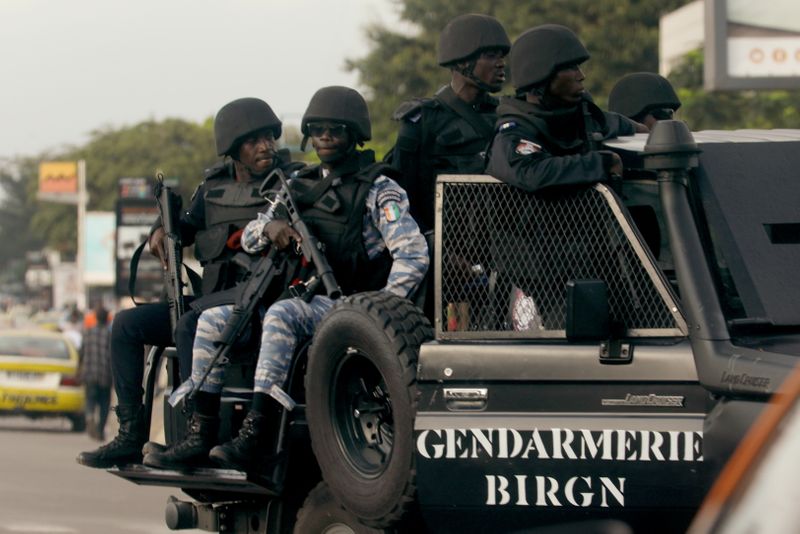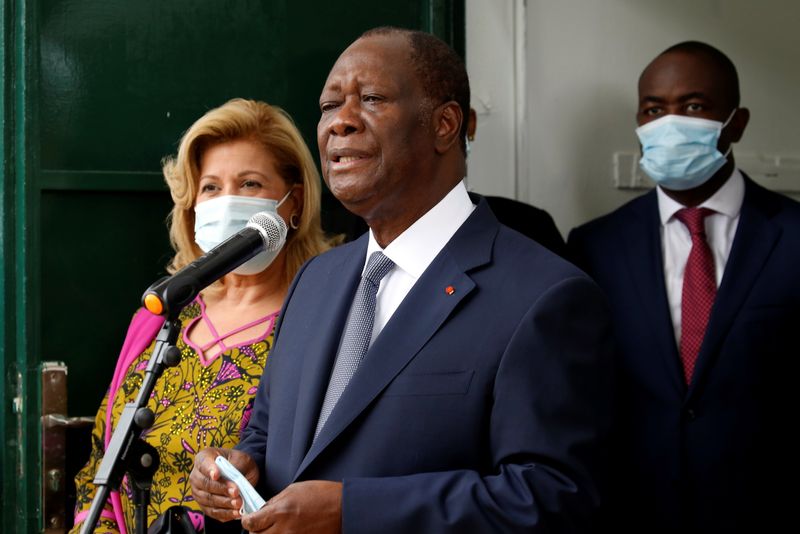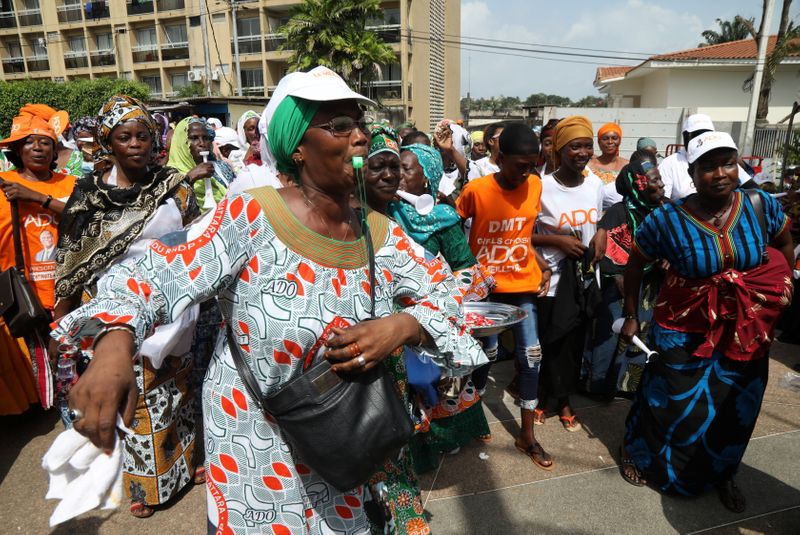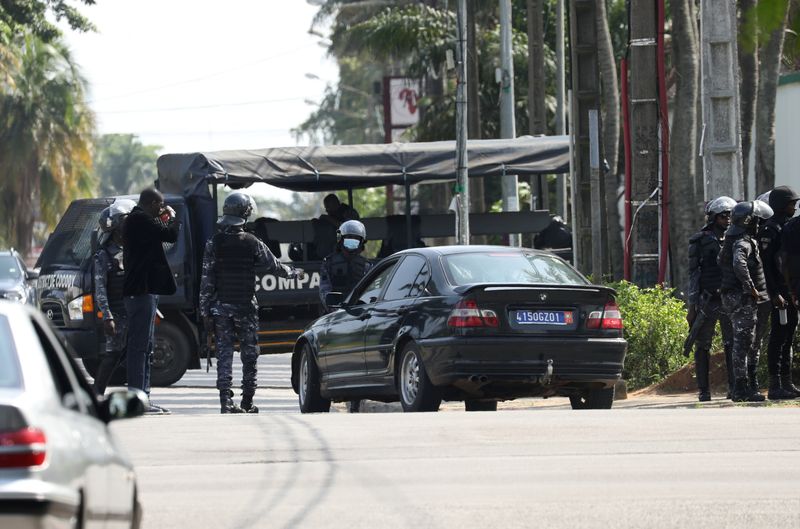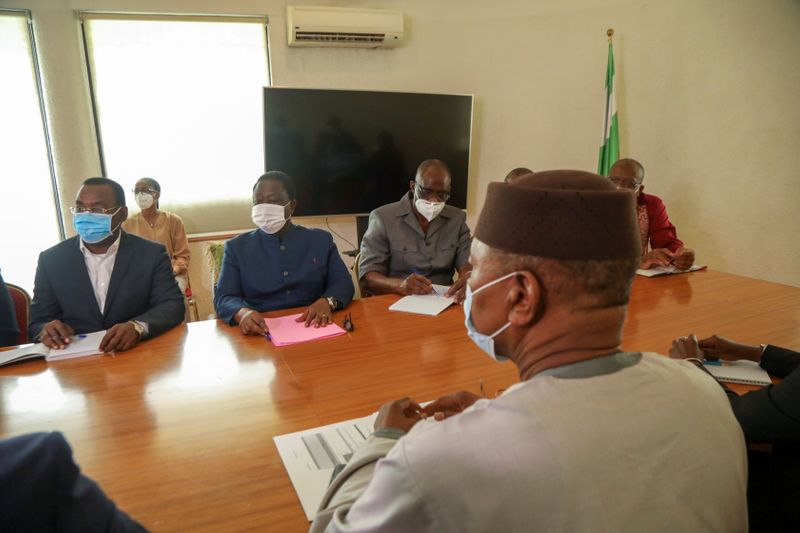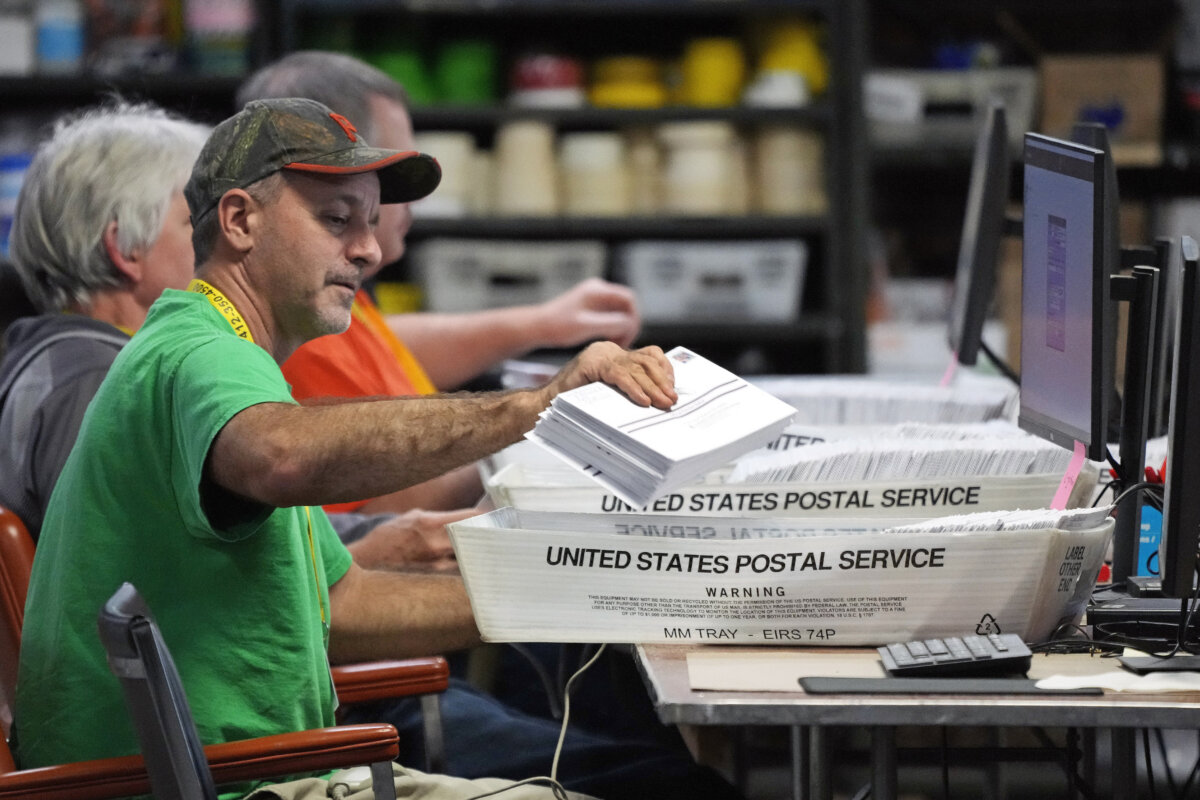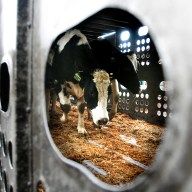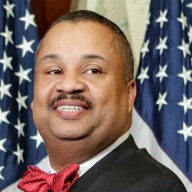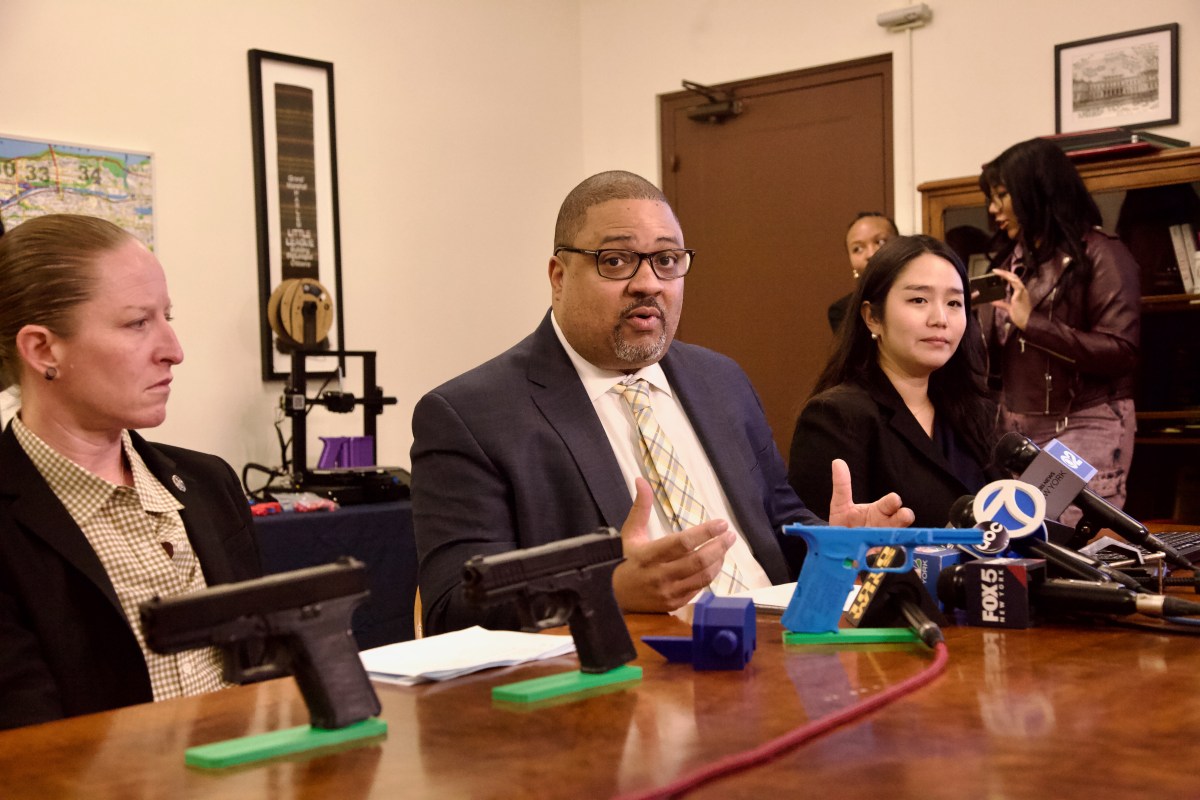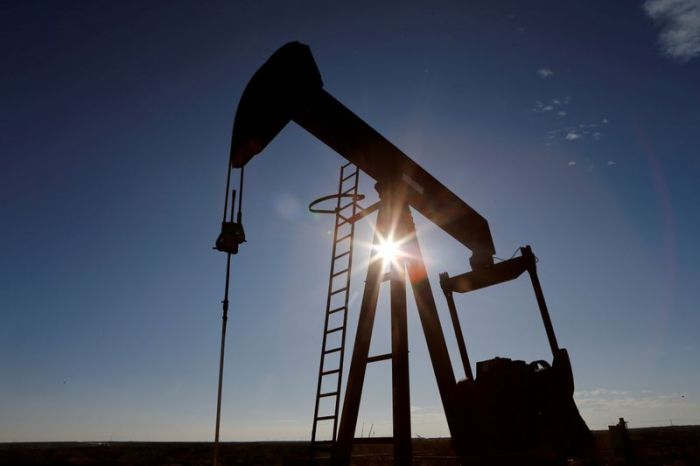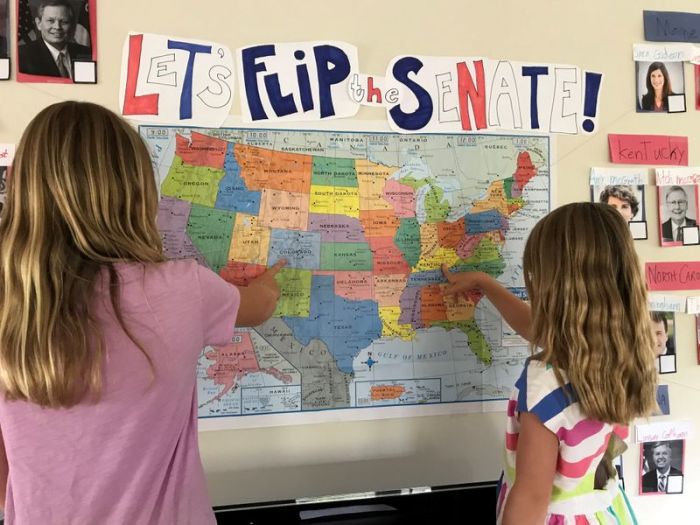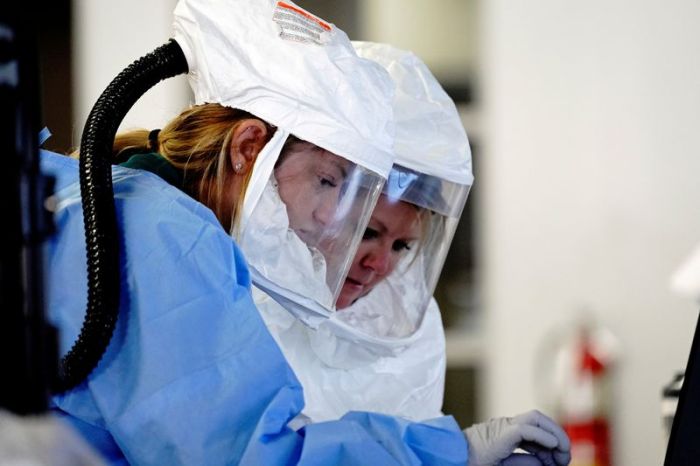ABIDJAN (Reuters) – Police in Ivory Coast surrounded the houses of two of President Alassane Ouattara’s main rivals on Tuesday after the government accused them of sedition for creating a parallel administration in defiance of Ouattara’s landslide win in Saturday’s election.
It was not immediately clear if anyone had been arrested. But the moves deepened a bitter standoff over the president’s bid for a third term that has cost more than 35 lives since August, including at least five during election day on Saturday.
Outside the residence of former president Henri Konan Bedie in the commercial capital Abidjan, officers rolled tear gas canisters to disperse his supporters and journalists, video footage showed.
The house of another opposition candidate, former prime minister Pascal Affi N’Guessan, was also surrounded by the police, his wife told Reuters.
“We are at home with the house staff. The gendarmes have surrounded the house and we can’t leave,” said Affi N’Guessan’s wife, Angeline Kili.
The house of Assoa Adou, the leader of a party that supports former president Laurent Gbagbo, was also surrounded by the police, a witness said.
There was no immediate comment from the authorities.
“ACT OF SEDITION”
Bedie and Affi boycotted the election on Saturday, arguing that Ouattara’s candidacy for a third term was unconstitutional.
Late on Monday, as the electoral commission prepared to confirm Ouattara’s victory, they announced they had set up a “transitional council”, with Bedie as its president.
The government said in a statement earlier on Tuesday that it condemned “in the strongest terms this act of sedition” and asked prosecutors to bring a criminal case.
The dispute followed a campaign marred by violent clashes between Ouattara’s supporters and opponents that spurred fears of longer term unrest. More than 3,000 people were killed in a brief civil war that followed a 2010 election that brought Ouattara to power.
The United Nations’ refugee agency said on Tuesday that electoral tensions had caused 3,200 Ivorian refugees to flee to neighbouring countries, including 1,000 who had arrived in Liberia in the past day.
In a joint statement, the Economic Community of West African States (ECOWAS), the African Union and the United Nations called on the opposition to abandon the idea of a transitional council and engage in dialogue with the government.
Ouattara won the election with 94.27% of the vote, according to provisional results announced by the electoral commission. He says a new constitution approved in 2016 gave him the right to run again despite its two-term limit.
(Reporting by Ange Aboa; Additional reporting by Loucoumane Coulibaly; Writing by Alessandra Prentice and Aaron Ross; Editing by Giles Elgood)

